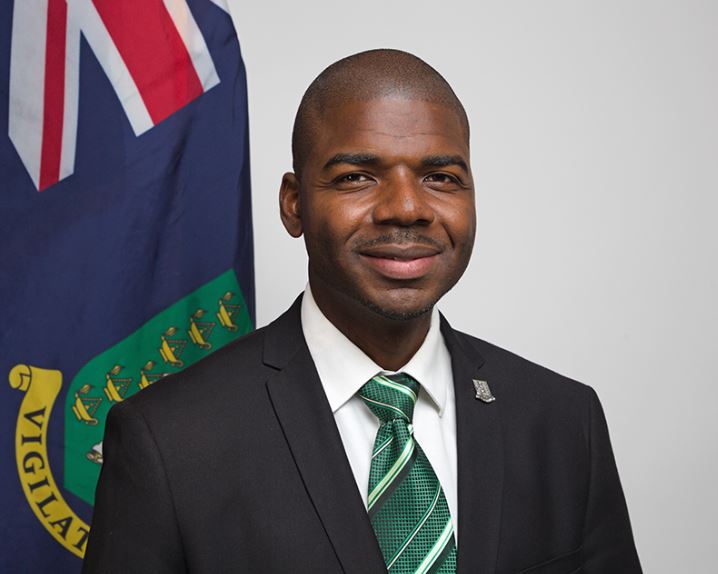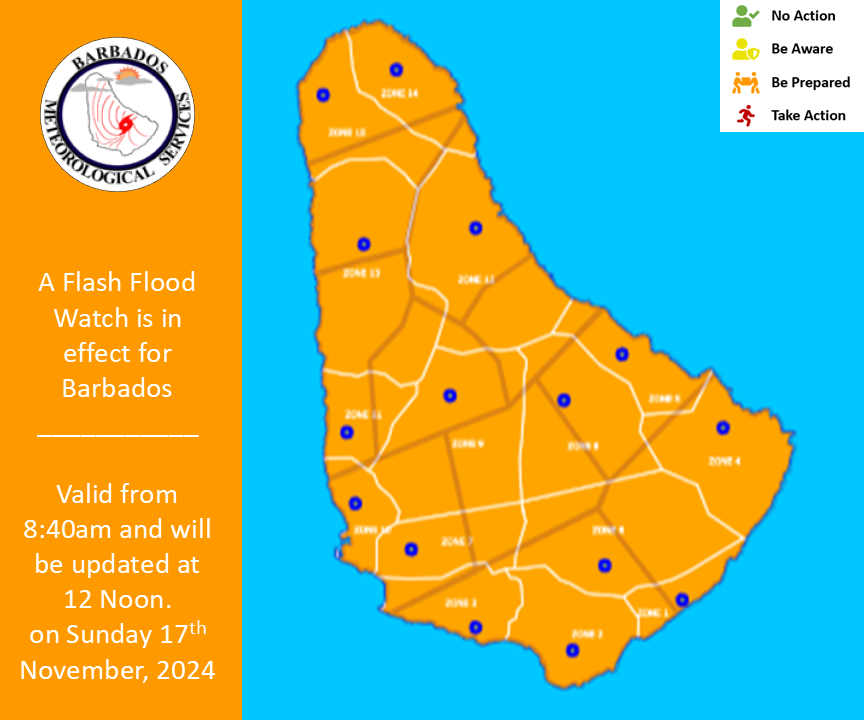The island’s utility regulator has approved a fraction of the battery storage capacity requested by the Barbados Light & Power Company (BLPC) and given it approval to recover some of the cost of that investment from customers.
Just how much more electricity consumers will have to pay is not yet known, however.
In a decision dated Tuesday, the Fair Trading Commission (FTC) announced that it had approved three of the five BLPC proposals to invest in battery storage and recover the cost from customers through the Clean Energy Transition Rider (CETR). The FTC partially approved a fourth plan, and outrightly rejected the other.
The FTC approved 15 megawatts of the requested 90 MW Battery Energy Storage Systems (BESS), automatic generation control systems, a distributed energy resources aggregation and control platform, and interconnection infrastructure that would allow independent power producers to hook up to the national grid.
But it rejected the remaining 75 MW of storage capacity. It also turned down a proposal to use synchronous condensers, which regulate voltage on power transmission grids without generating active power themselves.
“The BLPC can commence recovery of the actual CAPEX [Capital Expenditure] and associated costs for the BESS assets as determined by the Commission, six months after commissioning,” the FTC also said in its decision which followed submissions made by the power company as well as intervenors Kenneth Went, the Barbados Renewable Energy Association, Senator Tricia Watson and David Simpson jointly, John Hall, and the Barbados Association of Retired Persons and Walter Maloney who were both represented by the Office of Public Counsel.
Had the full amount of battery storage been approved, consumers would have seen their bills increase by $41 over a three-year period. However, with only a sixth of the amount granted, it is unclear what that increase will look like.
In a statement on Wednesday responding to the FTC decision, BLPC said: “We recognise any movement on this as a step forward in the journey towards sustainable energy solutions for Barbados. However, we are disappointed at the approved 15 MW battery storage capacity, which represents only one-sixth of the 90 MW stated in the application.”
The utility company warned that the decision would challenge its ability to immediately expand grid capacity to meet Barbados’ existing and anticipated renewable energy needs.
“Understanding the critical role of battery storage in advancing renewable energy, we are carefully analysing the implications of the FTC’s decision,” it said. “Once this assessment is complete, we will expand on how the decision fully impacts Light & Power’s plans for the electricity grid.”
Despite the setback, Light & Power restated a commitment to working with regulators and stakeholders “to navigate the challenges ahead, in order to realise our shared vision for a more sustainable and energy-independent future for Barbados”.
The proposed projects represent the first Clean Energy Transition Plan in support of the government’s goal of achieving 100 per cent renewable energy by 2030.
While only partially approving the utility’s requested battery storage capacity, the FTC has laid out specific requirements for cost reporting and documentation as the approved projects move forward.
These include: the total estimated installed costs for the approved 15 MW storage based on the accepted costs from the selected vendor, no later than one month after accepting these costs; the actual capital expenditure of each asset, no later than one month after commissioning of the total capacity that is earmarked for the calendar year; and copies of all invoices concerning the actual capital spending for each BESS asset scheduled for a calendar year, to be submitted no later than one month after commissioning of the total earmarked BESS capacity for that year.
Additionally, copies of invoices must be cross-referenced with the details of actual purchases and signed by Light & Power’s managing director or finance director to confirm the correctness of the information provided, the FTC said.
The BLPC’s application was heard before Hearing Chairman Dr Donley Carrington and Commissioners Dr Ankie Scott-Joseph, Ruan Martinez Commissioner, John Griffith and Samuel Wallerson.
emmanueljoseph@barbadostoday.bb
The post Light & Power allowed one-sixth of electricity storage request appeared first on Barbados Today.


